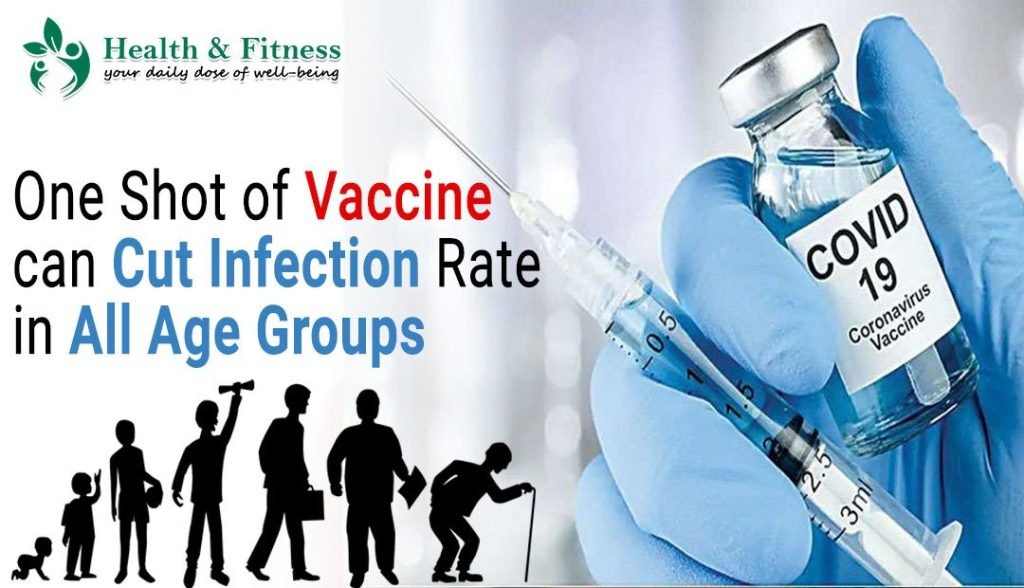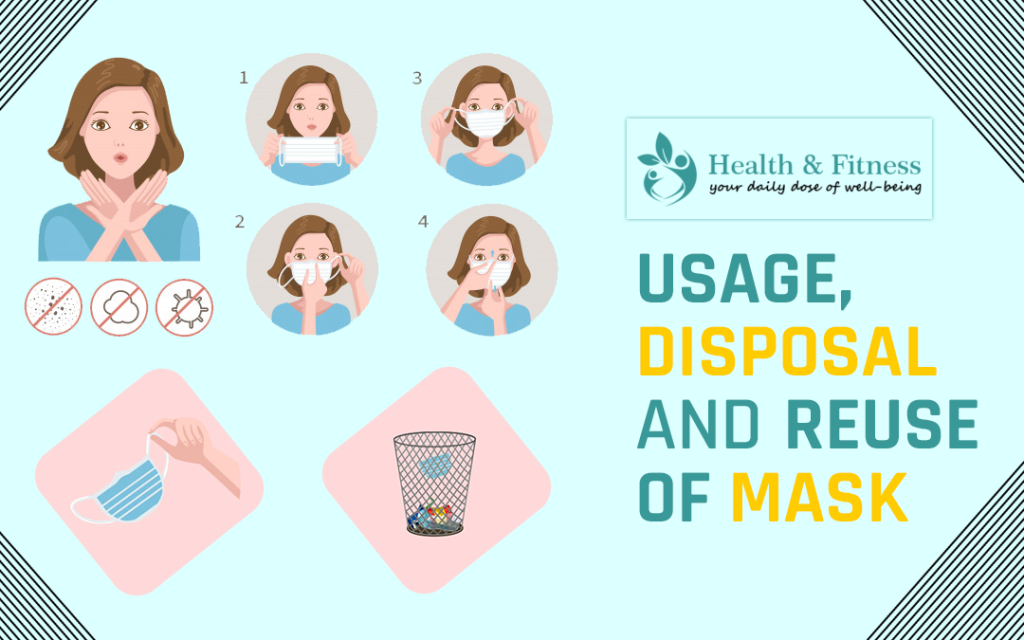
The chances are increasing day by day of getting infected by Covid-19. However, one shot of vaccine, either the AstraZeneca or Pfizer vaccine can cut infection rate, experts have revealed.
The vaccines worked well in above 75s and with certain health conditions, as other people. Even one dose of vaccine can cut the infection rate and 74% effective to fight against symptomatic infection.
The Office for National Statistics (ONS) and University of Oxford research also got a strong antibody response in all age groups from either vaccine.
After two shots of Pfizer, there was a 70% reduction in all cases and a 90% reduction in symptomatic cases – there are the people that are likely to transfer covid-19 to others.
Experts are still gathering data on two shots of AstraZeneca but say that their research shows that both vaccines work effectively in the real world.
A 57% Reduction in Infection
One of the new researches shows that yet need to be peer-reviewed is based on data from the national covid-19 infection survey that was conducted by the University of Oxford and the Office for National Statistics (ONS).
It incorporated a random sample of above 373,000 adults from across the UK who has delivered more than 1.6 million swab test results between December and April.
A professor from the University of Oxford, Sarah Walker, the chief investigator for the survey, said that research suggested doses could minimize transmission and were effective against the Kent variant of covid-19.
She said, it shows positive results for those people that have high viral load and people with symptoms, but they don’t know how much an antibody response and for how long, it can protect people from covid-19. However, the next year new information will help them to answer these questions.
The data revealed that a 57% reduction in infection among those people who don’t experience symptoms after one dose of the vaccine.
Dr. Koen Pouwels, who is a senior researcher in the University of Oxford’s Nuffield Department of Population Health, said the data is backed up by the decision to increase the gap between shots.
He said that after one dose of vaccine, it helps in protecting a person from covid-19, so the decision is to support the extension of the period between the first and second dose of vaccine to minimize deaths and hospitalization. He also added that still, vaccinated people can get covid-19 and transmit to other people, so it is required to wear a mask and maintain social distancing.
The study said there were better results in younger adults than older people over 60 with both vaccines, but two shots of Pfizer antibody levels were high in all ages. The study shows that the significance of people getting their second dose of vaccine to maximize the protection against covid-19.
Even though antibody levels increased more slowly and to a lower level with one dose of Oxford-AstraZeneca, they decreased faster after one Pfizer shot, especially in older age groups.
Few people got two shots of the Oxford-AstraZeneca vaccine in the U.K. for researchers, so they can anticipate its effect on antibody response. Meanwhile, it was noticed that response of the immune system to a first shot varied between the Pfizer-BioNTech and the Oxford-AstraZeneca vaccine.
Even though the response of the immune system varied among age groups, scientists focused on that there was no single age group that didn’t respond to either dose or vaccine. However, a few people less than 5% had a low immune response to those vaccines.
Essential to Get Second Shot
After the approval of Oxford-AstraZeneca, it can be used in U.K., India, and other countries, but in some markets, it has to face temporary suspension because there is concern that it could be related to rare blood clots. Global Health officials said that the advantage of using the vaccine continues to surpass the risks.
World Health Organization (WHO) suggests a gap of 8 to 12 weeks between the first and second shots of the Oxford-AstraZeneca vaccine.
The Pfizer-BioNTech vaccine is being used in several countries, including the US. The U.S. Centers for Disease Control and Prevention suggests getting a second shot of the vaccine 3 weeks after the first dose.
In February, the U.K. released a trial to know whether mixing shots of the Oxford-AstraZeneca and the Pfizer-BioNTech vaccines could work effectively.


